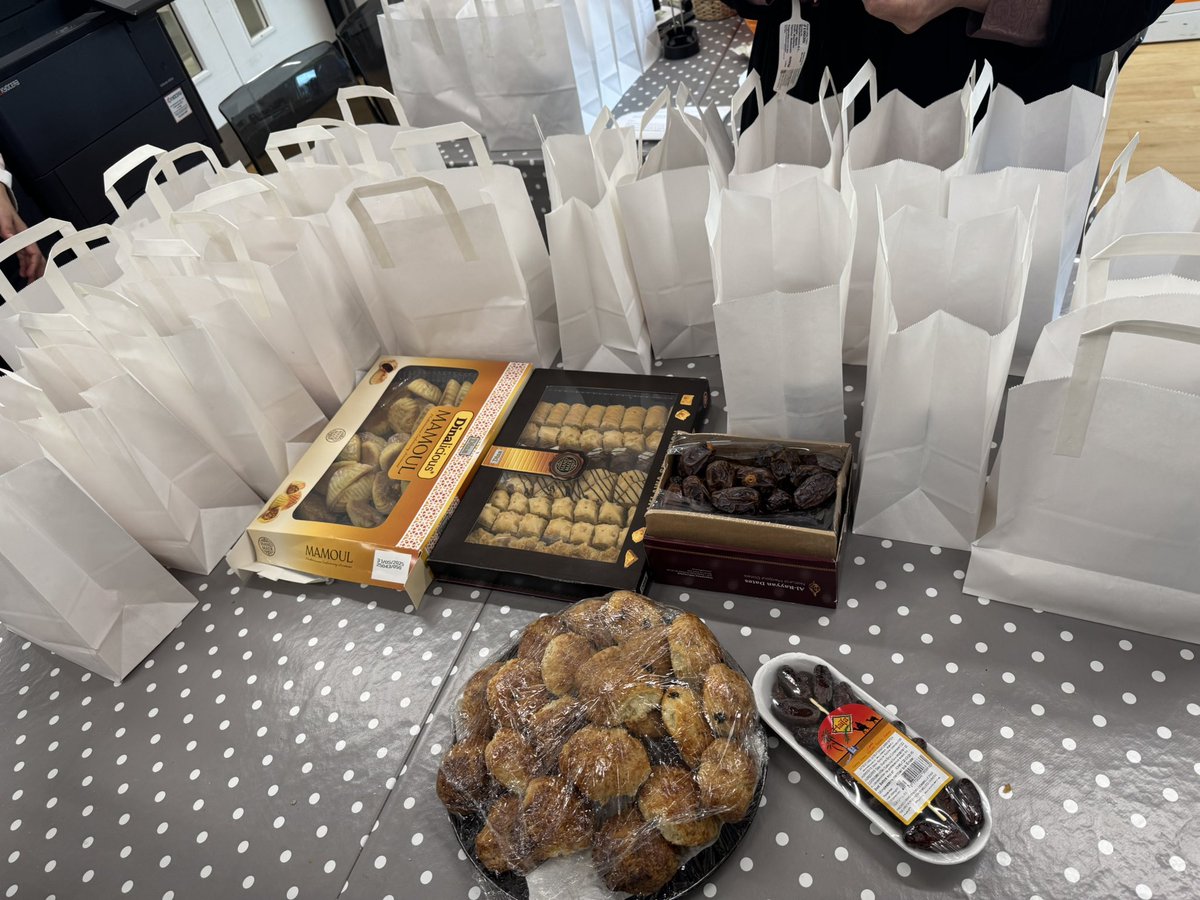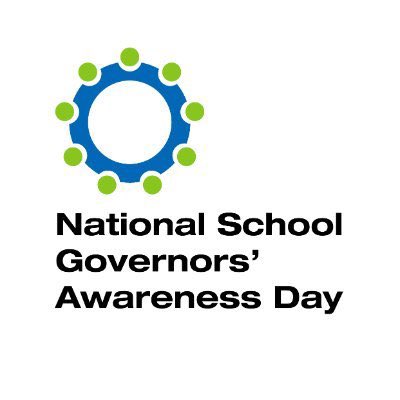Music
Music is a universal language that embodies one of the highest forms of creativity. A high-quality music education should engage and inspire pupils to develop a love of music and their talent as musicians, and so increase their self-confidence, creativity and sense of achievement. As pupils progress, they should develop a critical engagement with music, allowing them to compose, and to listen with discrimination to the best in the musical canon.
Music teaching at Harris Primary Haling Park ensures that all pupils perform, listen to, review and evaluate music across a range of historical periods, genres, styles and traditions, including the works of the great composers and musicians. They have the opportunity to learn to sing and to use their voices, to create and compose music on their own and with others, have the opportunity to learn a musical instrument, use technology appropriately and have the opportunity to progress to the next level of musical excellence. Children should understand and explore how music is created, produced and communicated, including through the inter-related dimensions: pitch, duration, dynamics, tempo, timbre, texture, structure and appropriate musical notations.
Intent: Introduction, Vision and Philosophy
The purpose of this document is to clarify the how, why and what of music teaching at Harris Primary Academy Hailing Park. This is to be used by staff to clarify expectations, highlight the resources that we have access to, and to ensure that a high-quality music curriculum is being taught to all pupils in our academy. At HPAHP, we ensure that every child has a meaningful interaction with musical activities and that our music teaching not only engages pupils and creates an atmosphere in which all children feel able to participate, but also inspires pupils to develop a love of music and their talent as musicians.
Children will have opportunity to appraise, imitate, compose, improvise and perform music throughout their time at our school. Whilst with us, we aim to increase their self-confidence, creativity and a sense of individual and collective achievement with respect to music. In addition to this, we strive to expose our pupils to music from a variety of music across a range of historical periods, genres, styles and traditions, including the works of the great composers and musicians. Our children will develop an appreciation for a variety of genres and musical styles thus developing positive attitudes and deeper understanding of other cultures and societies.
As pupils progress, we see them develop their ability to reflect on the important effect that music has on people’s emotions, allowing them to compose, interpret and critically engage with music. We teach them to listen and appreciate different forms of music and provide them with the vocabulary to effectively participate in discussion based on their own opinion of different pieces of music. We encourage children to use their analytical skills in music lessons when learning about how music can represent feeling. Children have the opportunity to learn to sing and to sing in tune and hone their skills playing an instrument both on their own and as part of a group. They will understand and explore how music is created, produced and communicated, including through the inter-related dimensions.
Implementation: What does Music look like at HPAHP?
Music teaching is composed of two strands at HPAHP: singing and music. The singing strand includes 6 lessons per half term of 3 songs (with a learning question for each). The music strand is a half termly focus of 6 lessons, with the final always being a performance. These lessons are also complemented with whole class ensemble lessons: recorders for Year 3 and 4.
All teaching is planned around three key areas: technical, constructive and expressive.
Technical:
Competence in controlling sound (instrumental, vocal or with musical technology). Use of communication system, such as notations.
Constructive:
Knowledge of the musical elements/interrelated dimensions of music Knowledge of the components of composition.
Expressive:
Musical quality/creativity. Knowledge of musical meaning across the world and time.
|
Year 1 |
Year 2 |
Year 3 |
Year 4 |
Year 5 |
Year 6 |
|
Hey You! (Hip Hop) |
Hands, Feet, Heart (South African) |
Ukuleles (BYMT) |
Mamma Mia (Pop) |
African Drumming (BYMT) |
Happy |
|
Rhythm in the way we walk (Reggae) |
Ho Ho Ho (Christmas + Motown) |
Ukuleles (BYMT) |
Glockenspiels |
African Drumming (BYMT) |
Classroom Jazz |
|
In the Groove (Blues/Funk/Latin/ Compare) |
I wanna play in a band (Rock) |
Ukuleles (BYMT) |
Stop! (Comparison – Grime, Bhangra, Classic) |
African Drumming (BYMT) |
A New Year Carol |
|
Round and Round (Latin Bossa Nova B. Band) |
Zootime (Reggae) |
Ukuleles (BYMT) |
Lean on Me (Gospel) |
African Drumming (BYMT) |
You've Got a Friend |
|
Your imagination (Improvisation) |
Friendship Song (Improvisation and comp) |
Ukuleles (BYMT) |
Blackbird (Improvisation) |
African Drumming (BYMT) |
Music + Gender |
|
Reflect, Rewind and Replay (Performance) |
Reflect, Rewind and Replay (Performance) |
Ukuleles (BYMT) |
Reflect, Rewind and Replay (Performance) |
African Drumming (BYMT) |
Reflect, Rewind and Replay (Performance) |















